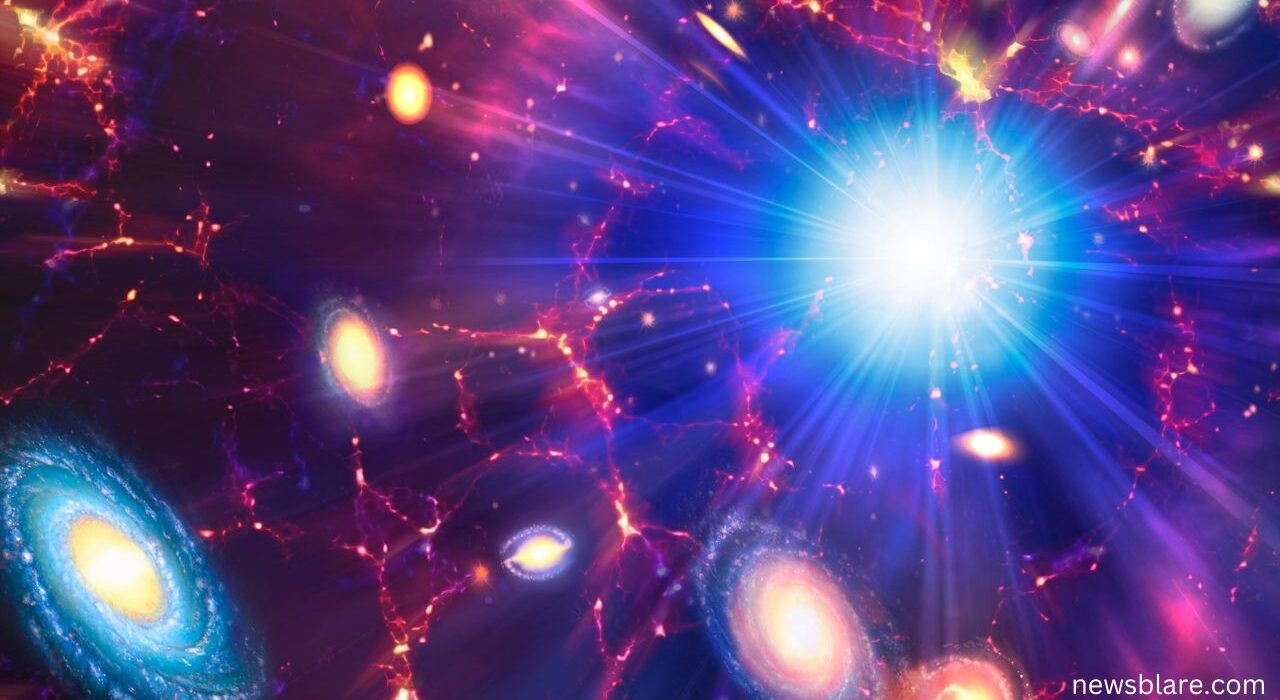The Big Bang is the most widely accepted theory of the origin of universe, wherein a single point expanded and is still expanding to form the universe. However, this theory is put up against a somewhat different scenario, a new cosmological theory often labeled as bouncing cosmology.
This theory proposes that the universe had never started expanding initially, but rather went through a contraction phase before rebounding to expansion. The universe was really small before the rebound, some 50 orders of magnitude smaller than what it is currently.
In this phase of high density, black holes could have formed. These early black holes might be the mysterious dark matter that makes up about 80% of the universe’s matter. Dark matter is invisible, does not interact with light, and its nature remains unknown.
The bouncing cosmology creates a linkage between black holes and dark matter. If true, that would be a whole new understanding of where those come from. The theory now represents a radical alternative to the Big Bang: “a universe that contraction-expansion cycles have happened many times”.
It is possible that the waves from the formation of the primordial black holes can be detectable by future gravitational wave observatories, which again forms evidence for this theory. This might be achieved by a number of future observatories such as the LISA and Einstein Telescope.
The real nature of dark matter and black holes might give far greater insights into the way the universe really works. If bouncing cosmology is right, then the history of the universe is far more complex than thought of till now. It means that creation and destruction phases repeating themselves.
This theory underlines how essential it is to study models of cosmology to understand the origin of universe better.
What is the Big Bang Theory? Another ideation of origin of universe
Among the most widely accepted cosmological theories explaining the origin and evolution of the universe, the Big Bang theory stands tall. It postulates that, at the beginning, the universe was like a single point or singularity. In this, all matter was contained in a very small, infinitely dense form.
This singularity began to expand rapidly about 13.8 billion years ago. It is generally referred to as the birth of the universe. The various observations, like the cosmic microwave background radiation, the abundance of elements in the universe, and the expansion of the universe by Edwin Hubble, give credence to this theory.
Also, see: Top 10 Interesting science facts that will blow your mind

1 Comment